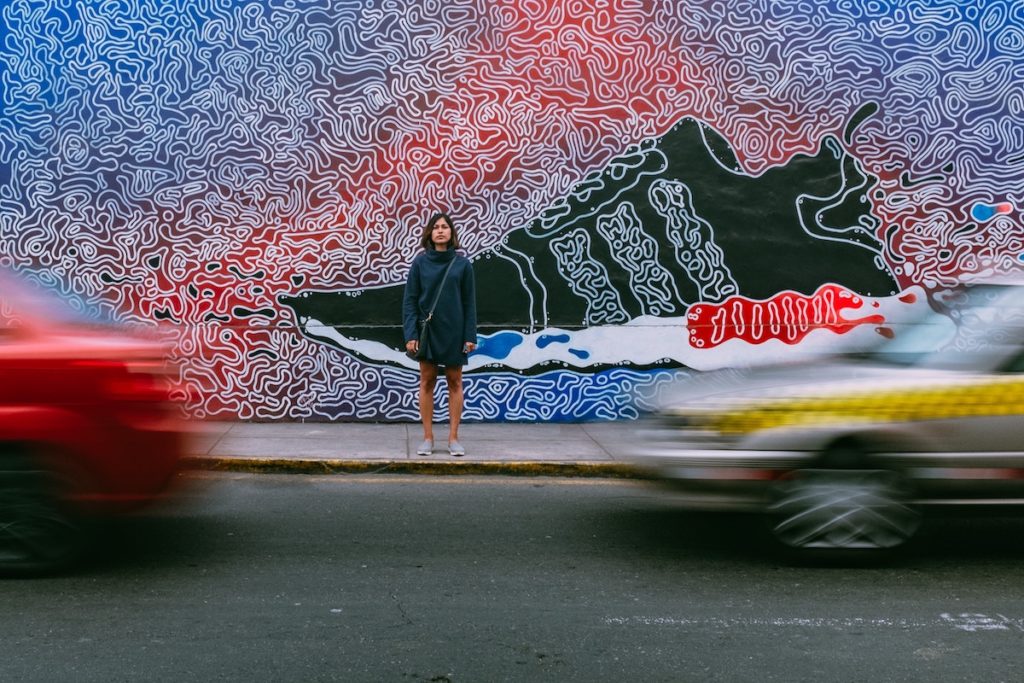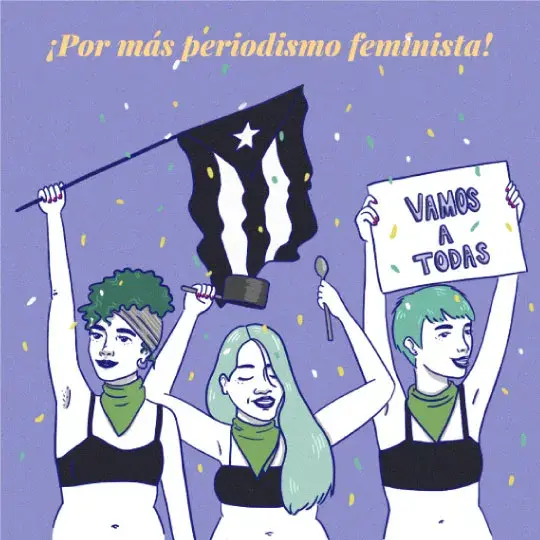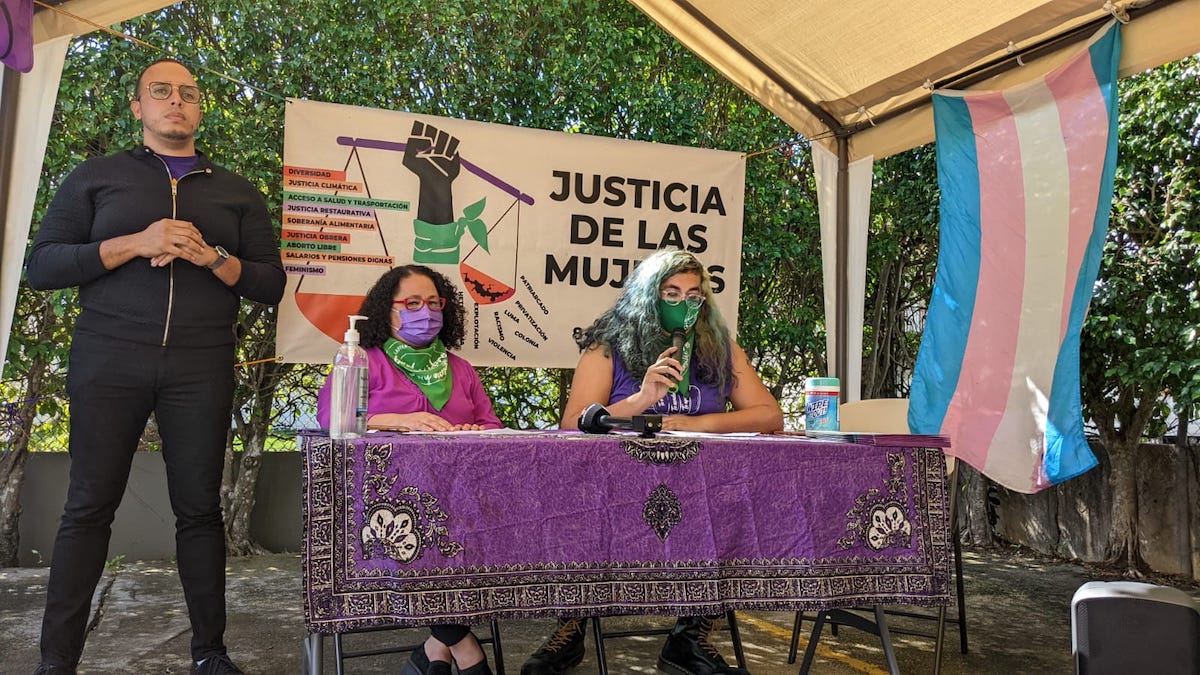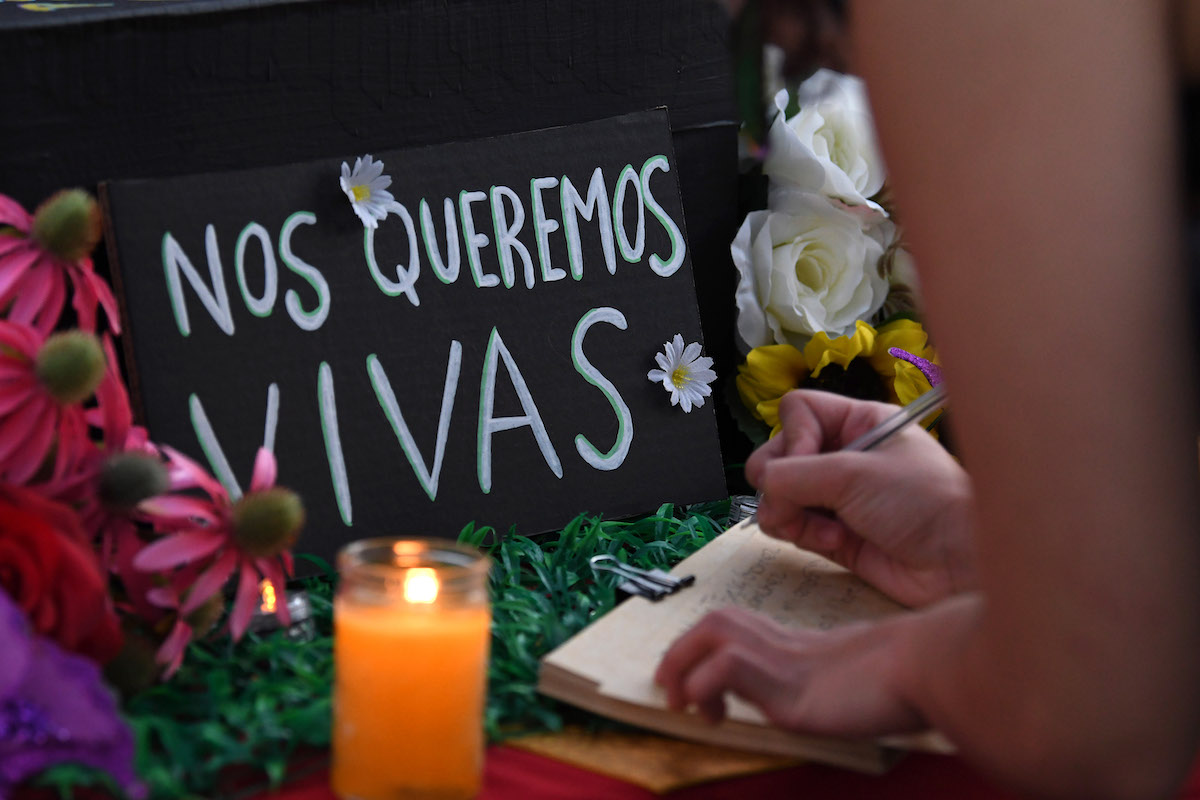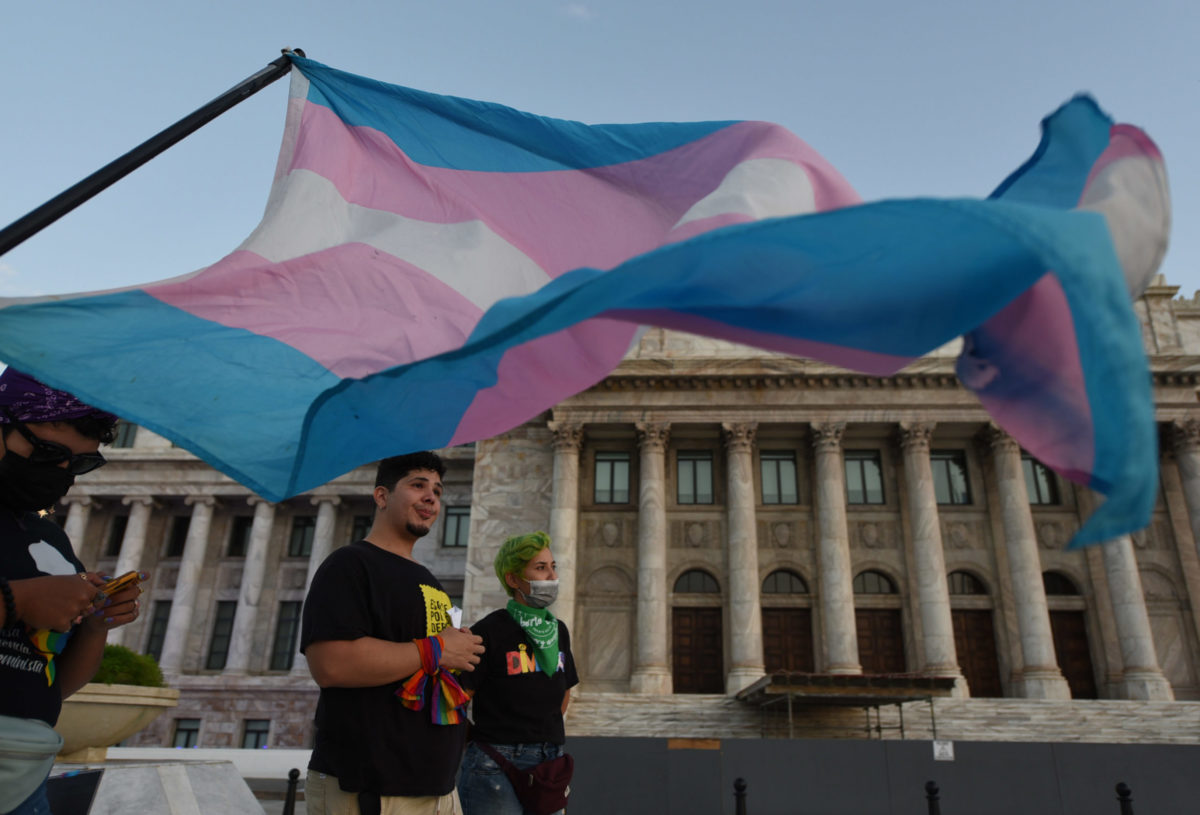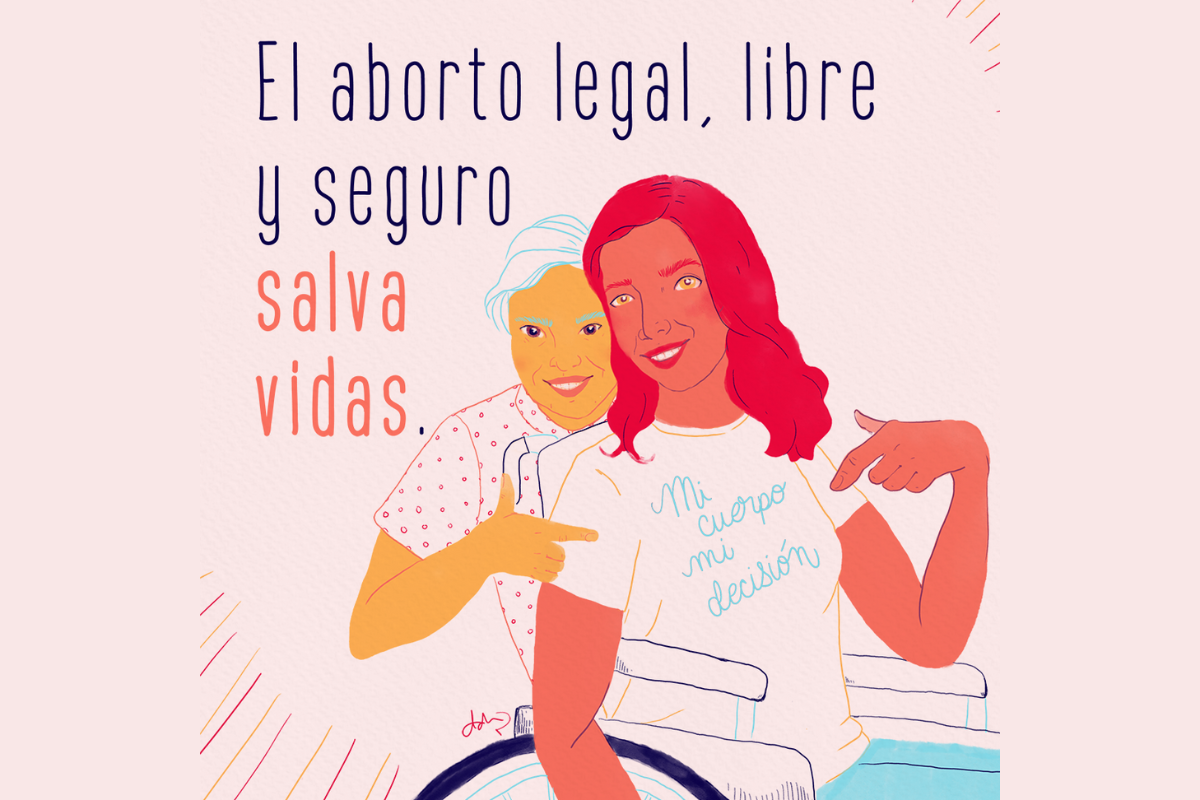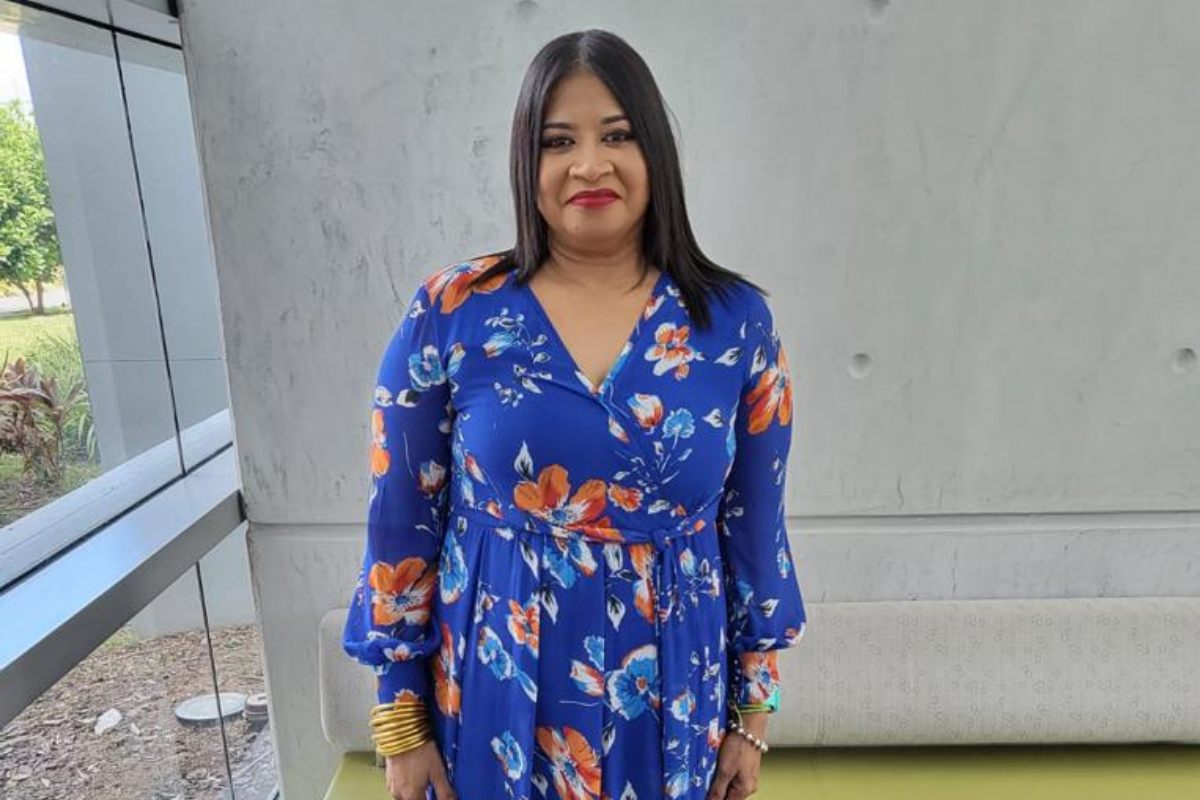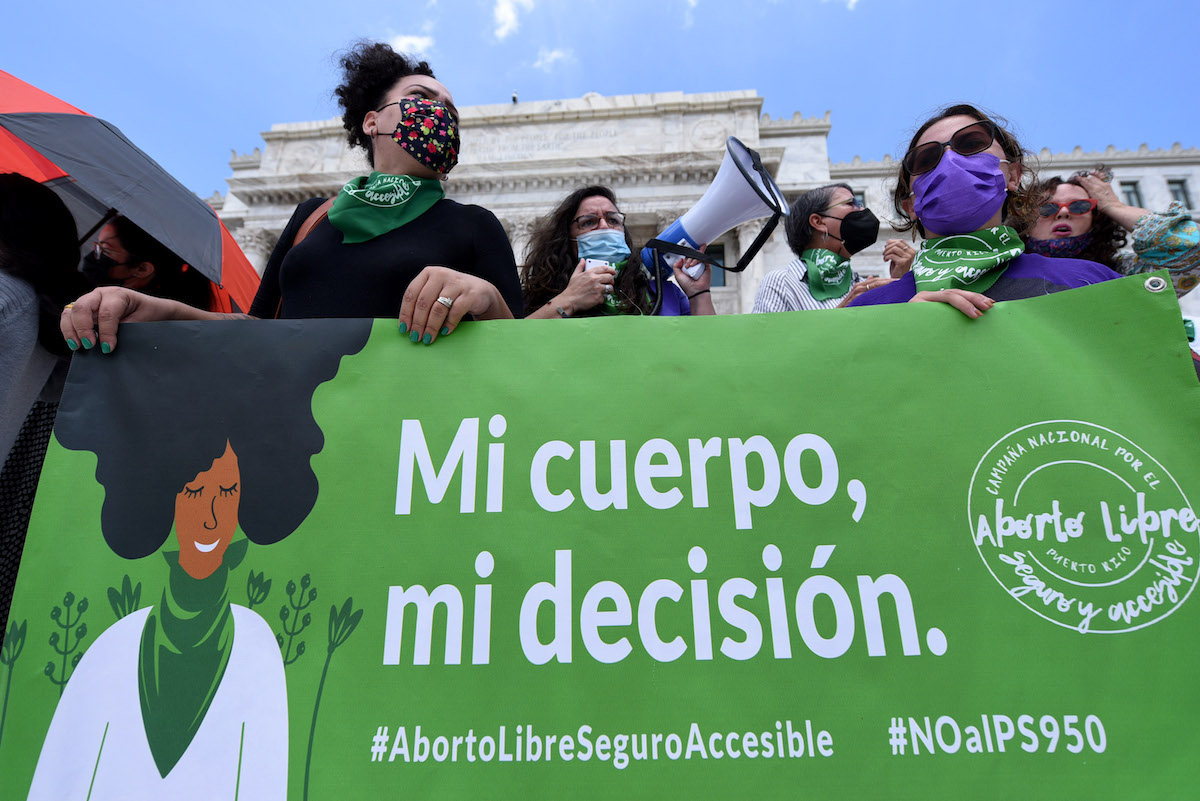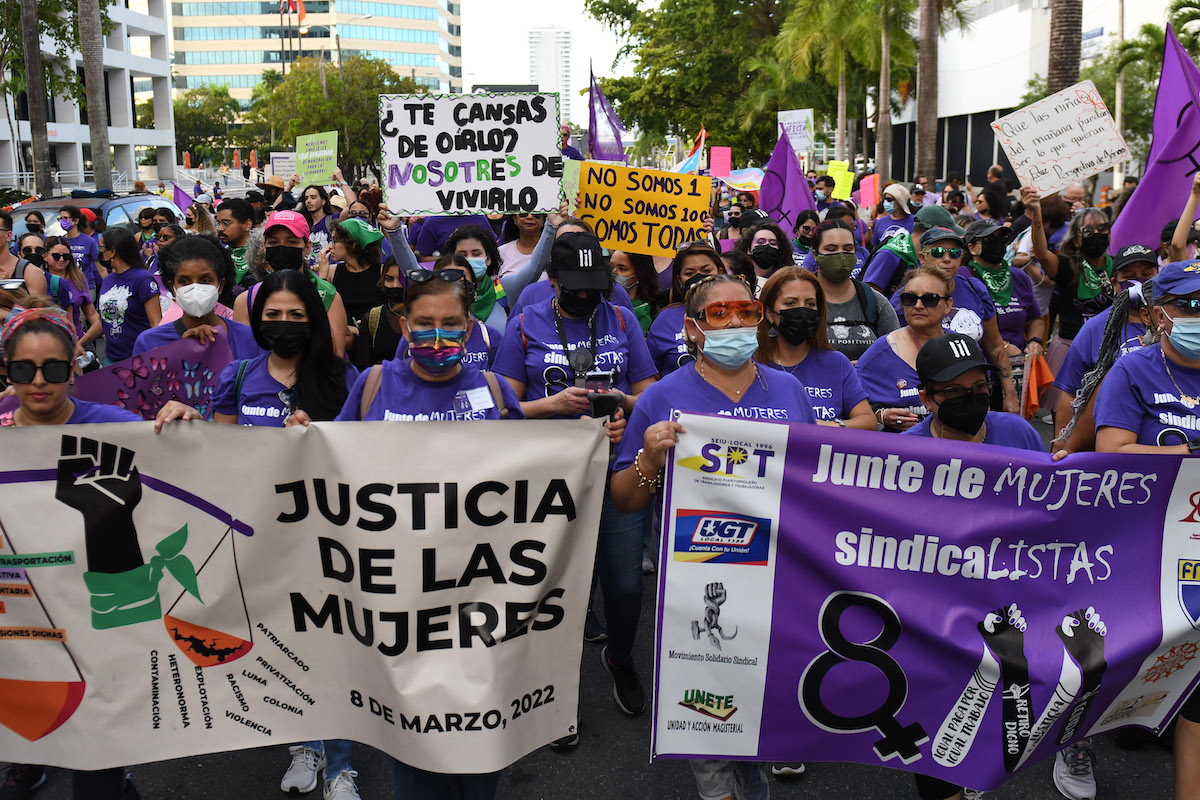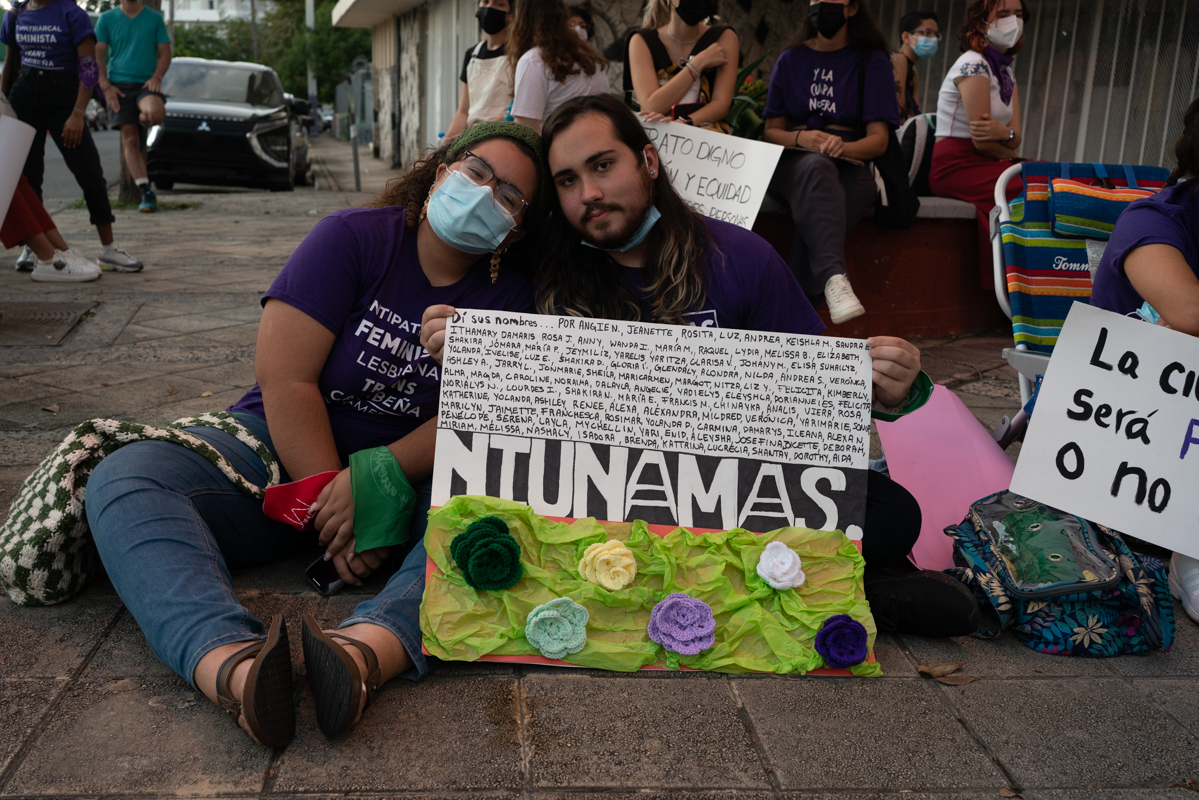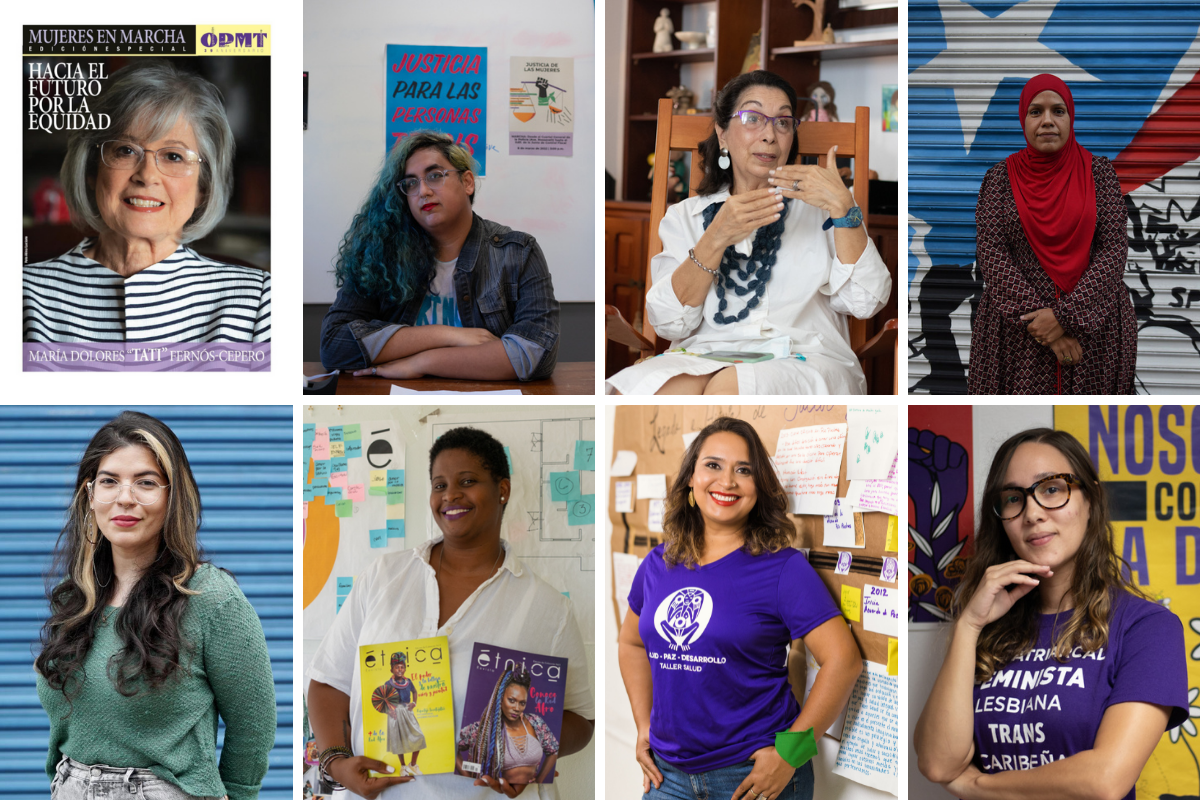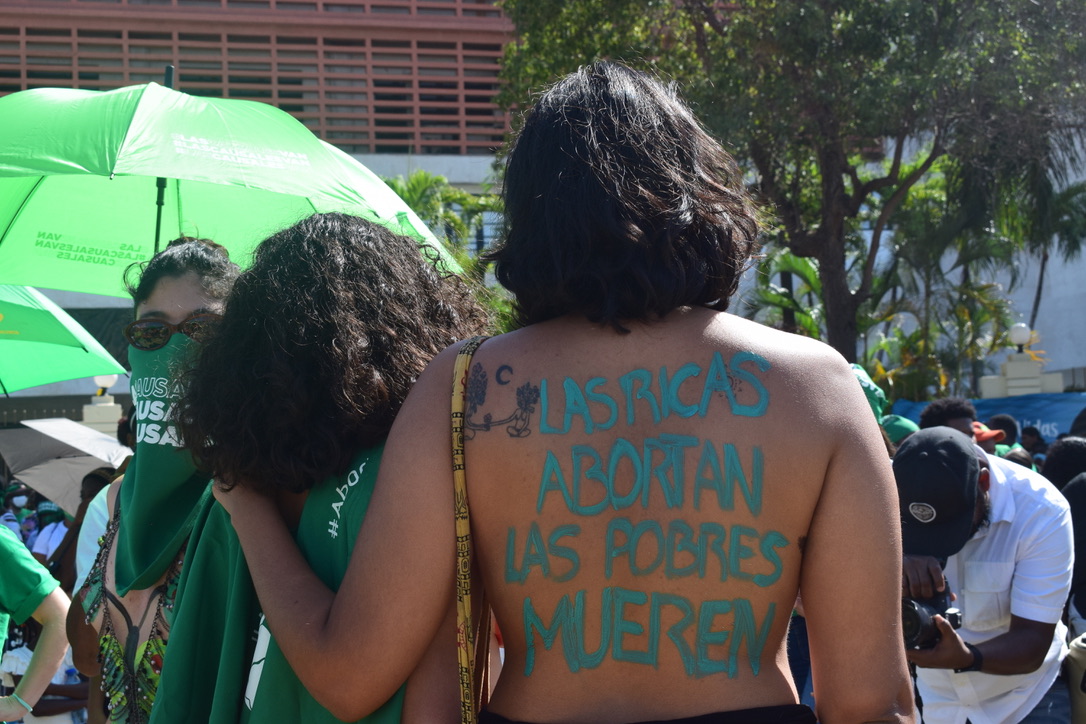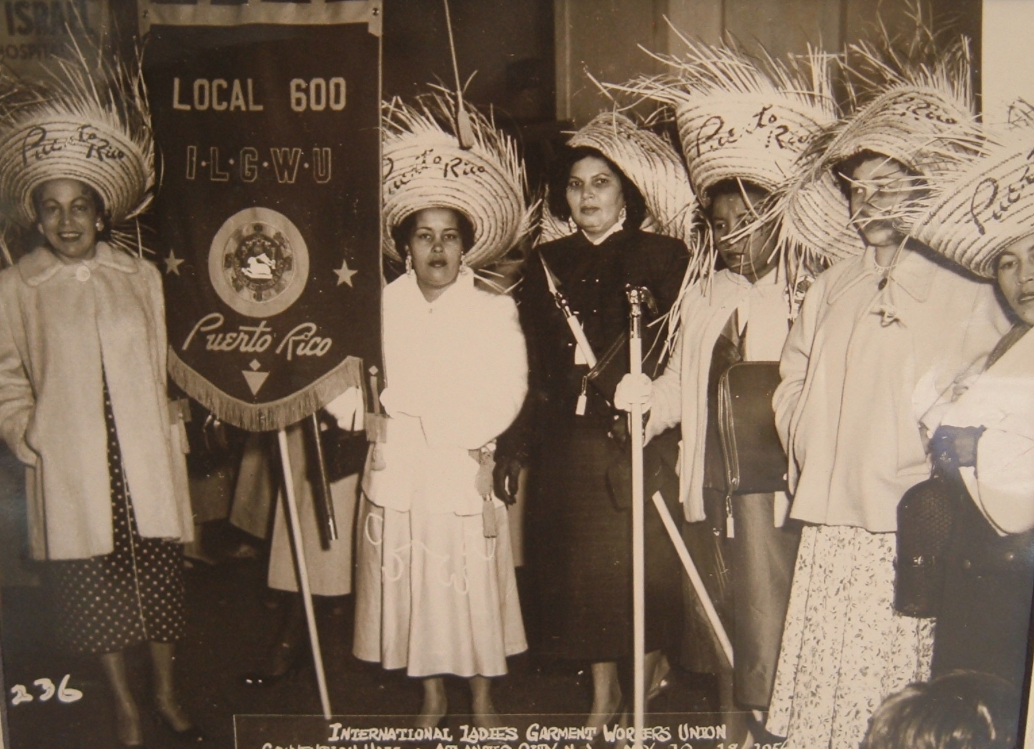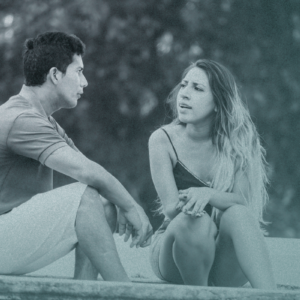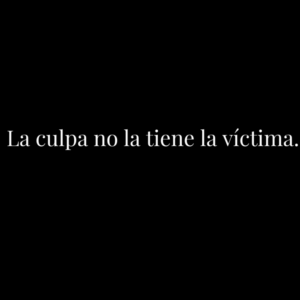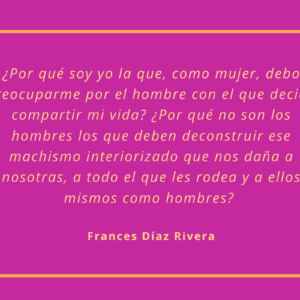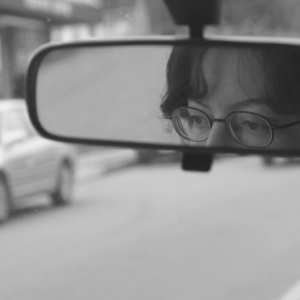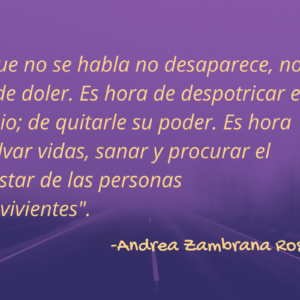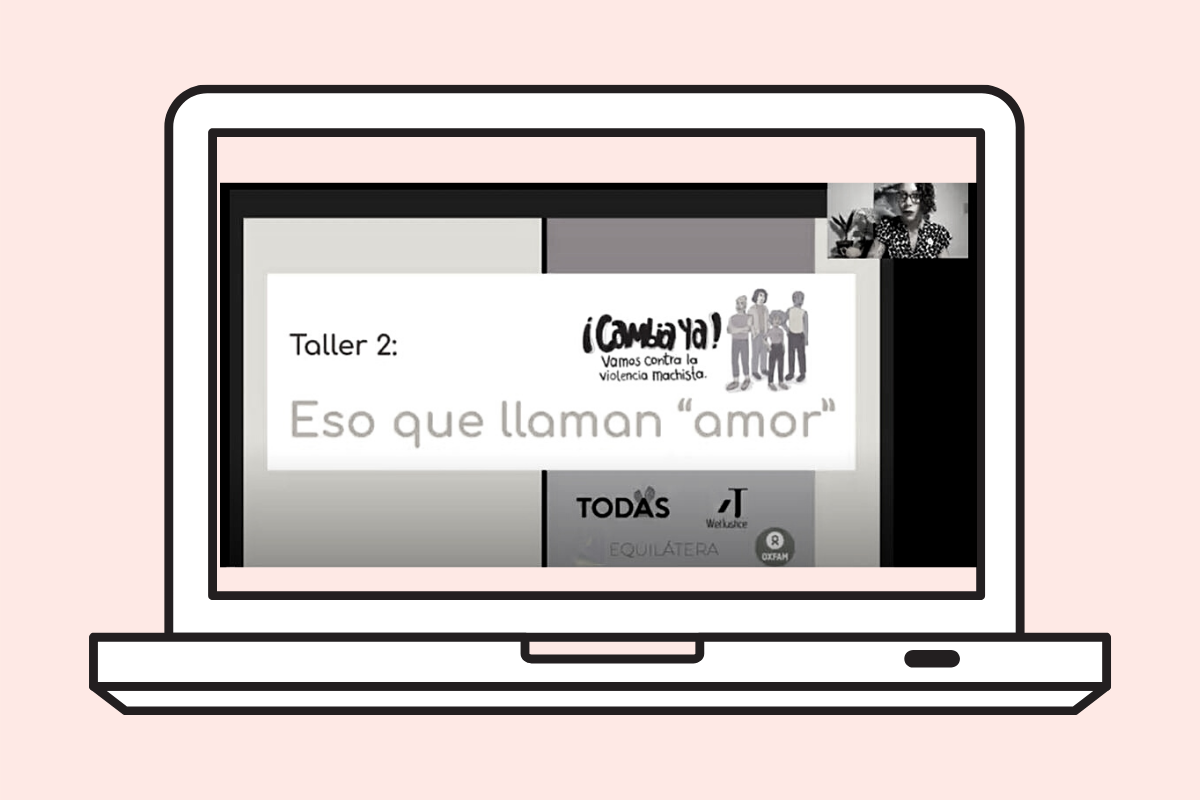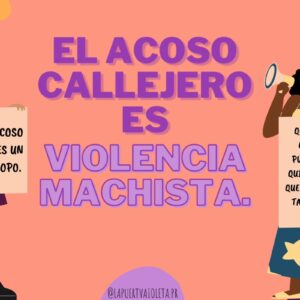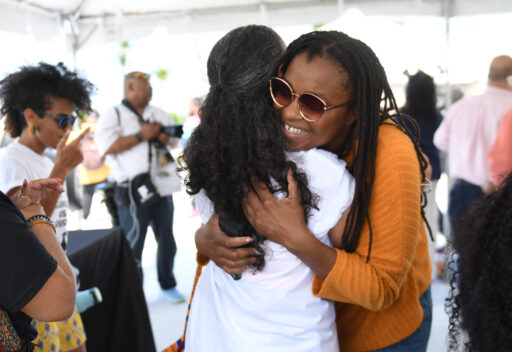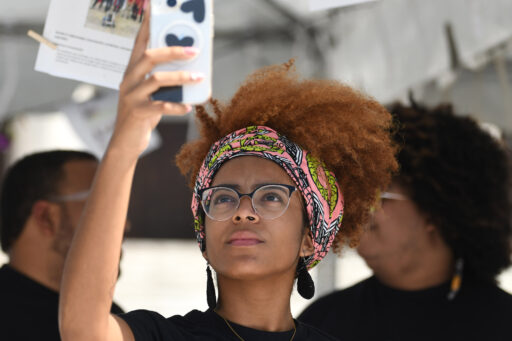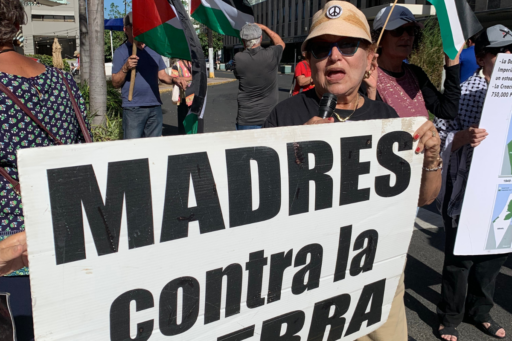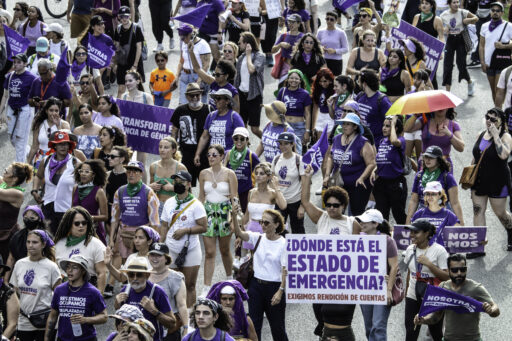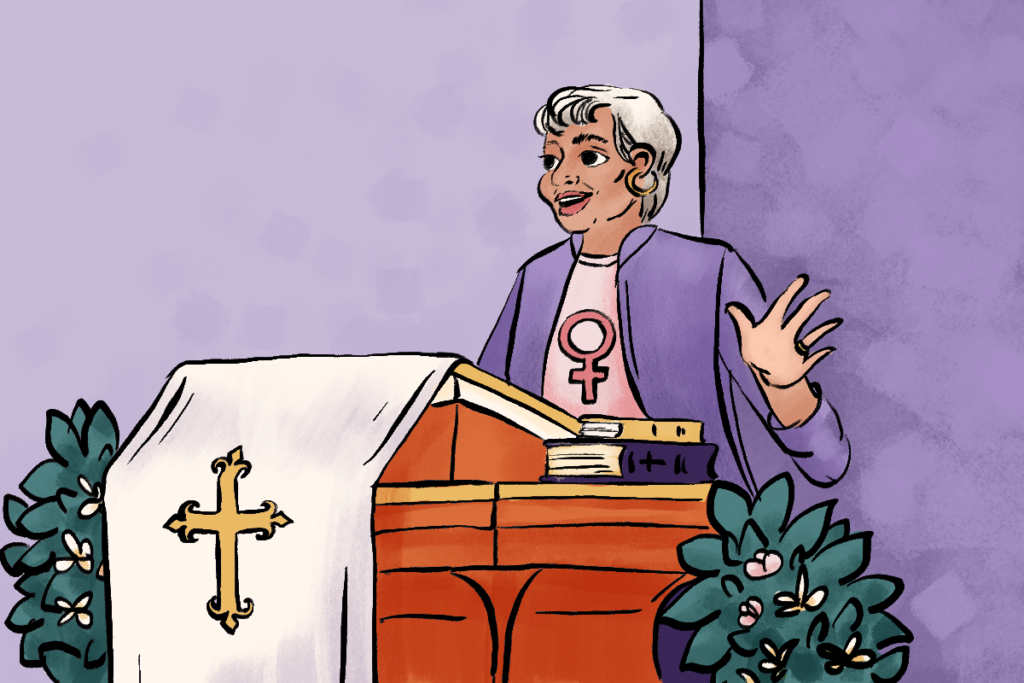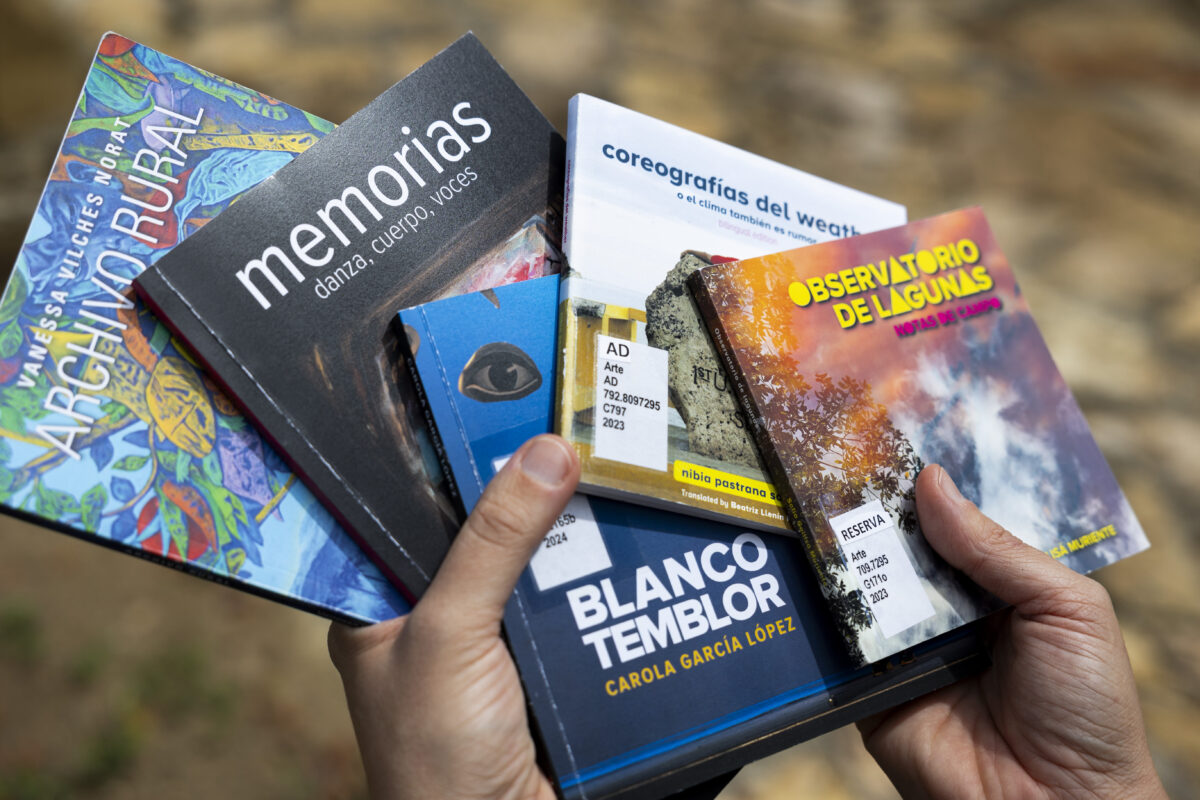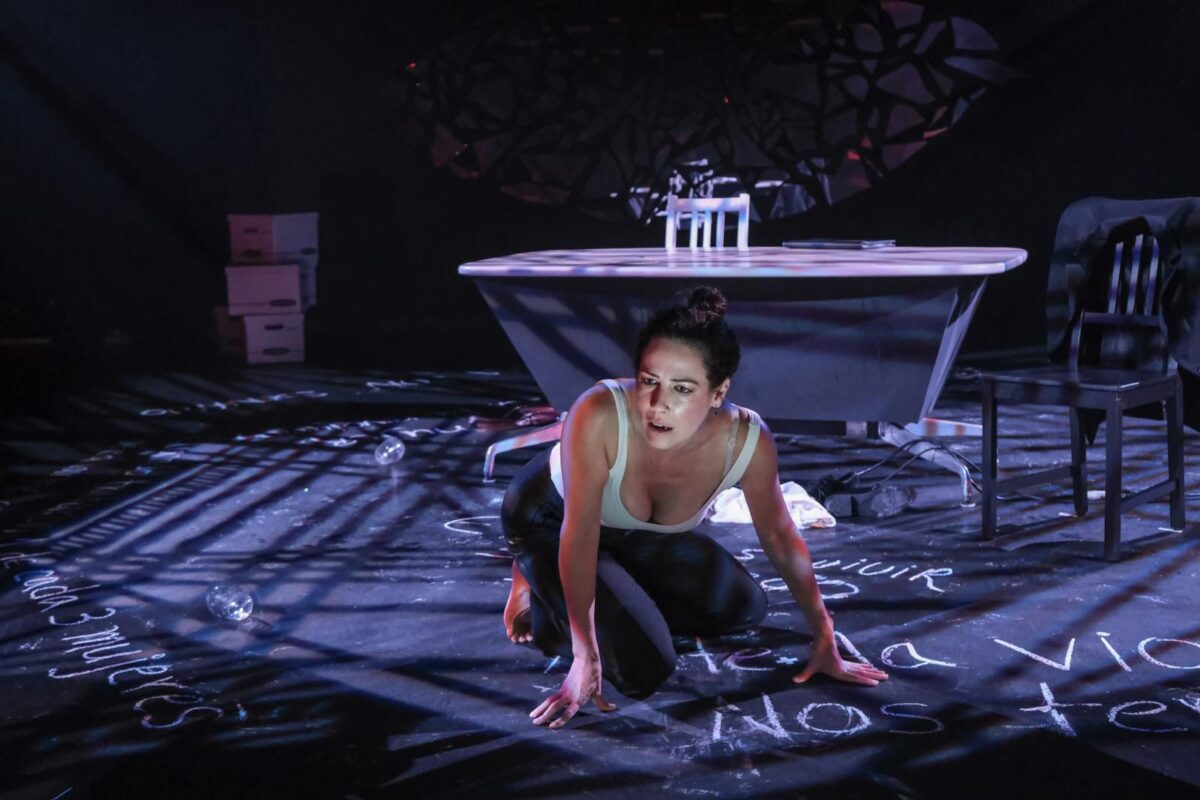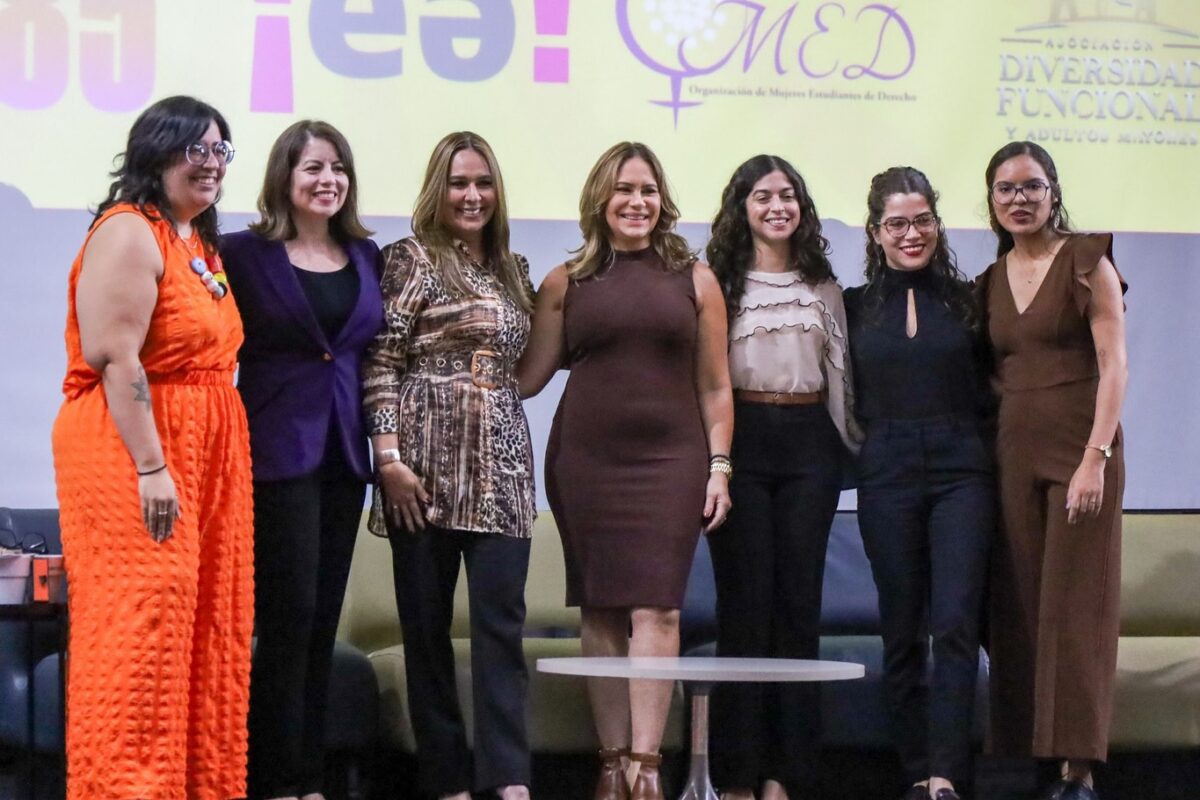(Foto de Ashim D’Silva en Unsplash)
(Lee aquí la versión en español)
Some things never change. I was born in Cayey, lived in Jayuya until I was 13 years old, moved to Florida and have been living here ever since. I have had the opportunity to travel, and experience different cities and cultures. Through it all one thing has been persistent: sexism and sexual harassment exist everywhere. It does not matter where I go, or how old I am, I have experienced the burning shame that comes from a man making unwanted comments about my body, the way men dismiss me simply because I am a woman, the fear of going anywhere alone. Having lived both in Puerto Rico and Florida, I have learned the burden that comes with being a woman in the world.
I remember growing up in Jayuya, surrounded by mountains and the constant singing of the coqui. I remember spending time with my abuelitos, watching telenovelas, and drinking café con leche. I also remember going to my elementary school, wearing my bright pink REBELDE backpack, with my nicely ironed white polo, and plaid skirt, having drunk men attempt to make advances at me and my 10-year-old friends as we walked through the school gates.
This was a daily occurrence. Men would stand across my elementary school, drinking and harassing young girls, with few adults taking steps to stop it. This was not something you complained about, instead you ignored it and hoped they never got too drunk or too close to you. You learned to live with it, because at the end of the day these were men being men.
I remember hearing adults in my life talk about it, they used to say that these men were disgusting, but worse were the girls that talked to them. This was not an uncommon thought, the town had little sympathy for girls that got too close to these men. If they got pregnant, these girls (usually around 14-16 years old) were never thought of as victims of sexual predators, instead they were considered “whores” that should have kept their legs closed. They were ostracized, ridiculed, and left alone by everyone around them. The girls often lost their education, friends, dignity, and youths. The men continued to drink, laugh, and harass young girls from across the street. Being a young 12-year-old girl I didn’t understand the political and societal dynamics of the time, I just knew that it was wrong.
But at the end of the day this was normal life, a life that my parents sought to protect me and my sisters from. This was the driving force behind our families move to Florida in 2008. My parents wanted a better life for me and my sisters, a life in which we were financially stable, able to enhance our education, and safe from the disgusting men across the street. We all believed it, but it wasn’t true.
Yes, my parents are economically stable, and yes my sisters and I have been able to pursue and reach our academic goals, but the men across the street never left, they just changed shape. As three young girls we continued to experience sexual advances from older men, continued to fend off unwanted wandering hands and looks; all that changed was the added bonus of racism.
It was not enough that my sisters and I were not freed from sexual harassment as we were promised, we also had to deal with the racism that came from having an accent and darker skins. If a man was not yelling at my 16 year old sister about the things he wanted to do to her in the middle of a gas station, another one was yelling at me to go back to my country. Sometimes the racism would turn into stereotyping, men and boys expecting us to be more sexually open because we were Puerto Rican.
At first it was shocking, and scary, we would yell back at the men, tell our parents, and threatened to call the police. But as we did with the men across the street, we learned to live with it. We came up with our own set of rules, if it’s a white man yelling speak Spanish to confuse him, if he is Hispanic ignore him, if they follow you walk away quickly and find someone to help you. Anything to keep them away.
I am now 23 years old, working on my Masters degree, an empowered feminist, and I still think about the men across the street. Being a woman has taught me that sexism isn’t limited to one town, one culture, or one country. Living life as a woman can be a burden that at times can include racism and discrimination as well. This is why feminism and feminist activists are so important, as an inclusive community we can empower, and protect women against the men across the street.

